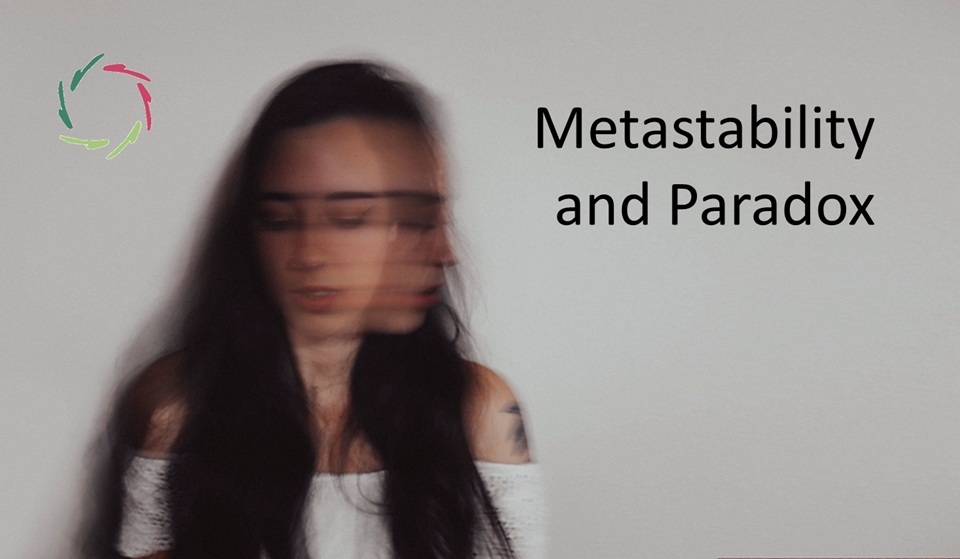Rationality Contra Human Depth

For many people, rationality stands opposite to human depth ― a profound misunderstanding.
This includes many scientists ― or even especially the latter.
Difference conceptual – subconceptual
This is a more relevant distinction. If we put merely conceptual versus merely subconceptual, we can talk rightfully about opposites.
Of course, nothing is entirely the one or the other in real life. We are talking about the ends of a spectrum ― one line with two extremes. Even more accurate than just one line is a complex landscape in which one can experience interesting adventures.
Then why is rationality so frequently put contra human depth?
Logically, because they are frequently seen as being about the merely conceptual and the merely subconceptual. Thus, the opposition becomes one between conceptual rationality and irrational depth. But wait a minute: This is not what rationality is about, and this is not what human depth is about. In both cases, there is a profound misunderstanding.
Recent brain research has also undeniably proven that there are no distinct brain centers for rationality and depth. The brain doesn’t care much about this distinction ― even though the interpretations of brain imaging have been under Plato’s spell (see below) for quite some time.
Far more than just a philosophical question, this issue is breaking the global human civilization into pieces through a lack of insight into real rationality and real depth. Since Compassion needs a synthesis of both, this also hinders real Compassion.
Plato’s chariot allegory
In this allegory, the charioteer represents pure rationality, while two horses represent the positive and negative sides of the human being’s passionate nature. The charioteer’s challenging job is to direct the whole toward rational enlightenment.
Two directions are present in this allegory. Firstly, the clear distinction between the charioteer and the horses. Secondly, the aim that lies in bringing everything together as one whole with one goal.
The difference between Plato and Socrates – who voiced the allegory as recorded by his pupil, Plato – is, in my view, the same difference as explained above ― with or without the misunderstanding. In Socrates’ view, the charioteer may have been more a horse whisperer than a whip manager.
Nevertheless, Plato’s view has influenced Western culture for many centuries and into Western Enlightenment. If Socrates’ view had been followed, we would have a very different society.
But it is never too late to back up to Socrates’ view.
Socrates’ goal
This is also the goal of AURELIS: as much as possible real rationality, and as much as possible real depth.
The final goal is being real.


